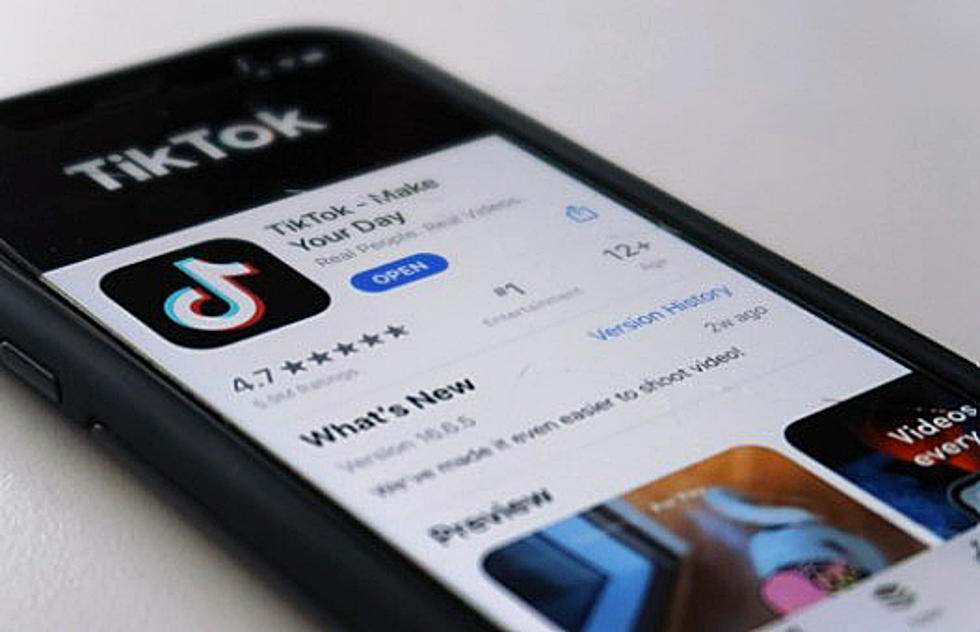
Federal judge holds hearing on Montana TikTok ban lawsuit in Missoula
Jonathan Ambarian
(KPAX) A lawsuit challenging Montana’s law banning the app TikTok had a hearing in federal court on Thursday in Missoula.
In testimony, attorneys said it’s clear this is going to be a test case, drawing attention across the country. U.S. District Judge Donald Molloy held the hearing as he considers whether to issue a preliminary injunction, to put the law on hold before it takes effect on Jan. 1.
The Montana Legislature passed Senate Bill 419 earlier this year, and Gov. Greg Gianforte signed it into law.
It says TikTok can’t operate in Montana, and that app stores can’t offer it for download within the state’s borders. It institutes penalties of up to $10,000 for each violation, with another $10,000 each day a violation continues. Individual users would not face penalties.
Supporters of the law cited concerns that the app might expose Montanans’ data to China. TikTok is owned by ByteDance, a company headquartered in China.
In recent months, Congress has probed claims that officials from the Chinese Communist Party might be able to access information on U.S. users.
TikTok has denied claims that its app puts user data at risk, saying the Chinese government and the Chinese Communist Party don’t have direct or indirect control over it, that they’ve never received a request to share U.S. data with Chinese authorities, and that they’ve put significant resources into protecting American users’ data.
Both TikTok and a group of Montana-based content creators who use the app filed lawsuits challenging the bill. The two cases are being considered together at this stage.
During Thursday’s hearing, Ambika Kumar, an attorney representing TikTok creators, said banning the app would interfere with their First Amendment rights of free expression.
Kumar said they had connected with thousands of followers through the app — and in some cases made significant income — and that simply switching to another platform wouldn’t replace the reach they’d be losing.
Kumar said the state had other, less restrictive options it could have taken if it wanted to protect Montanans’ private data — like instituting tougher penalties for exposing data — that wouldn’t have completely blocked a single platform.
Alexander Berengaut, an attorney for TikTok, focused his arguments Thursday on the claim that SB 419 overstepped Montana’s authority — specifically by intervening in foreign policy issues that should belong to the federal government.
The bill’s introductory text referred to China as “an adversary of the United States and Montana” that “has an interest in gathering information about Montanans, Montana companies, and the intellectual property of users to engage in corporate and international espionage.”
Berengaut said Thursday that TikTok’s parent company and the federal government are currently in negotiations on ways to resolve leaders’ security concerns about the app, and he argued the company wouldn’t have any reason to make such an agreement if individual states could override it with their own local policies.
Montana Attorney General Austin Knudsen was involved with writing SB 419, and attorneys from his office are defending it in this case.
On Thursday, Solicitor General Christian Corrigan said the primary goal of the bill wasn’t to make a foreign policy statement against China but to protect Montanans’ data privacy.
He said the decision to call China an “adversary” was made by the federal government, and that many other states and federal leaders have expressed the same concerns about TikTok’s data collection policies that Montana has.
Emilee Cantrell, a spokesperson for Knudsen’s office, released a statement to MTN after Thursday’s hearing.
“TikTok is attempting to use the First Amendment to evade much-deserved scrutiny,” she said. “However, as the State made clear, the First Amendment does not permit companies to let foreign adversaries access Montanans’ data. TikTok also relied on its illogical argument that Montana lacks evidence of its link to China, while simultaneously arguing that the law is pre-empted because the company is negotiating with the federal government over China-related national security concerns. Montana’s law to protect its citizens’ privacy is narrowly tailored and will meet properly applied judicial scrutiny.”
During the hearing, Molloy asked some pointed questions about the law.
He asked state attorneys why they should stop people from using TikTok because of data security concerns when users have willingly agreed to use the app knowing that they would be giving up data in doing so. He also noted that Montana is the only state so far to put a full ban on TikTok.
Molloy also questioned how a ban would be enforced around Montana’s reservations.
Both sides agreed the restriction likely wouldn’t apply on reservations because of the state’s limited jurisdiction there.
Molloy said after the hearing that he would release an opinion as quickly as he could.
